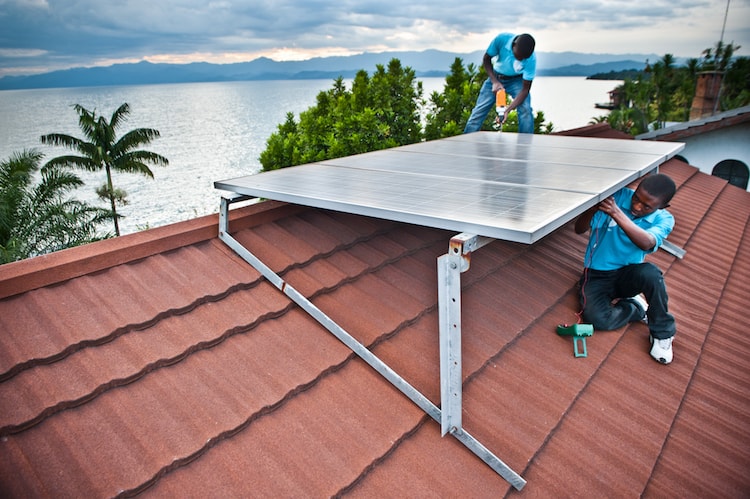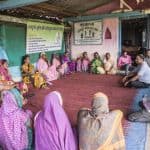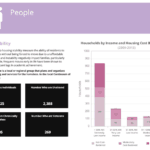Redefining What It Means to be a Next-Generation Energy Company in Africa
Today, over 650 million people in sub-Saharan Africa do not have access to electricity.
Distributed energy service companies (DESCOs) can pave the way to resolving this energy access crisis. But to do it, the industry will need to evolve.
DESCOs in Africa have many challenges to overcome – on a local and global level, market failures prevent DESCOs from thriving and plugging Africa’s huge energy access gap.
The obstacles preventing DESCOs from scaling up are threefold: DESCOs find it difficult to access the right capital investment, their rigid vertical integrated business models and their struggle to develop on-the-ground expertise.
By overcoming these stumbling blocks, we can pave the way for the off-grid energy sector to truly leapfrog traditional grid infrastructure – powering economic growth and transforming the lives of millions of people in Africa.
Pioneering finance and investment
BBOXX, where I serve as CEO, is starting to tackle some of these obstacles. We recently worked with Bamboo Capital Partners, a private equity firm focused on positive impact, to launch BEAM – an investment platform that aims to break down the barriers preventing DESCOs from scaling up and to foster widespread access to energy in the developing world.
BEAM is providing equity investments to DESCOS to grow, as well as to catalyse new capital through debt, joint ventures and co-investments. This enables the growth of off-grid energy companies that produce solar home systems and mini grids, for example.
A key issue many DESCOs face is accessing the finance necessary to scale up operations locally. We recently received a US $4 million boost in a pioneering debt deal with Union Togolaise de Banque (UTB), a local Togolese bank, to speed up our energy access initiative with the government of Togo. It was particularly exciting to see a local bank raise local capital to help finance an initiative for local people – and we expect more banks to be getting involved in deals of this kind. Through our experience working in other countries such as Rwanda, we have seen first-hand how this local financial involvement can really contribute to the expansion of energy in African markets.

Replicating East Africa’s successes
While off-grid is undeniably the future for energy access in Africa, more needs to be done at a local level to provide the expertise to tackle demand. It is imperative companies can hire and train a local workforce of salespeople, technicians and customer service agents who can implement their off-grid visions.
For many years, the global off-grid energy industry has been focused on East Africa. As an industry, we need to shift this focus and translate this success across to West Africa and the rest of the developing world.
Governments in other parts of Africa – Togo, for example – are already seeing that the off-grid model can work in their geographies too. The concept of off-grid solar has been proved in East Africa and the same strategy can be deployed elsewhere.
The onset of mobile money operators such as M-PESA in Kenya is one of the reasons why energy firms have flocked to this part of Africa and operated with relative ease. The pay-as-you-go (PAYG) platform, which has worked so well for solar home systems, can indeed be replicated at a large scale across a greater range of key services and utilities.
DESCOs need to transition into distributed service companies (DSCOs) where the existing infrastructure can be used to create an even deeper relationship with the customer such as including gas for cooking and internet access.
Reframing the conversation around energy access and energy poverty
Expanding energy access is the first hurdle. However, it is also important to understand that access to lights alone is not enough to overcome energy poverty. Owning a solar lantern is significant as a first step, but if we can provide electricity for a whole range of products and services such as TVs, computers, radios, phones and refrigerators, we can really start to alleviate energy poverty.
Within this context, it is also important to improve the customer. We do not want to reach a point where two years down the line, a product no longer works, and the customer is left slipping back into energy poverty.
Therefore, we need to create an environment and have the structure in place to provide energy for life and translate this on a universal scale.
Moving beyond energy
In order to really propel forward Africa’s economic development, we should view energy as the gateway to further advancement.
This is largely because energy goes beyond just electricity, and opens up many more doors for individuals and businesses. In addition, the obstacles facing distributed businesses are all the same – and once overcome – we can really facilitate economic development in Africa on a vast scale.
BBOXX has bold ambitions: to provide clean, reliable and affordable electricity to 20 million people by 2020. But distributed businesses like ours need the right tools and framework to make a lasting impact and succeed in Africa.
Along this path, we as an industry need to redefine what it means to be a next-generation utility on the ground in Africa.
Mansoor Hamayun is the CEO of BBOXX.
Photos courtesy of BBOXX
- Categories
- Energy, Environment



